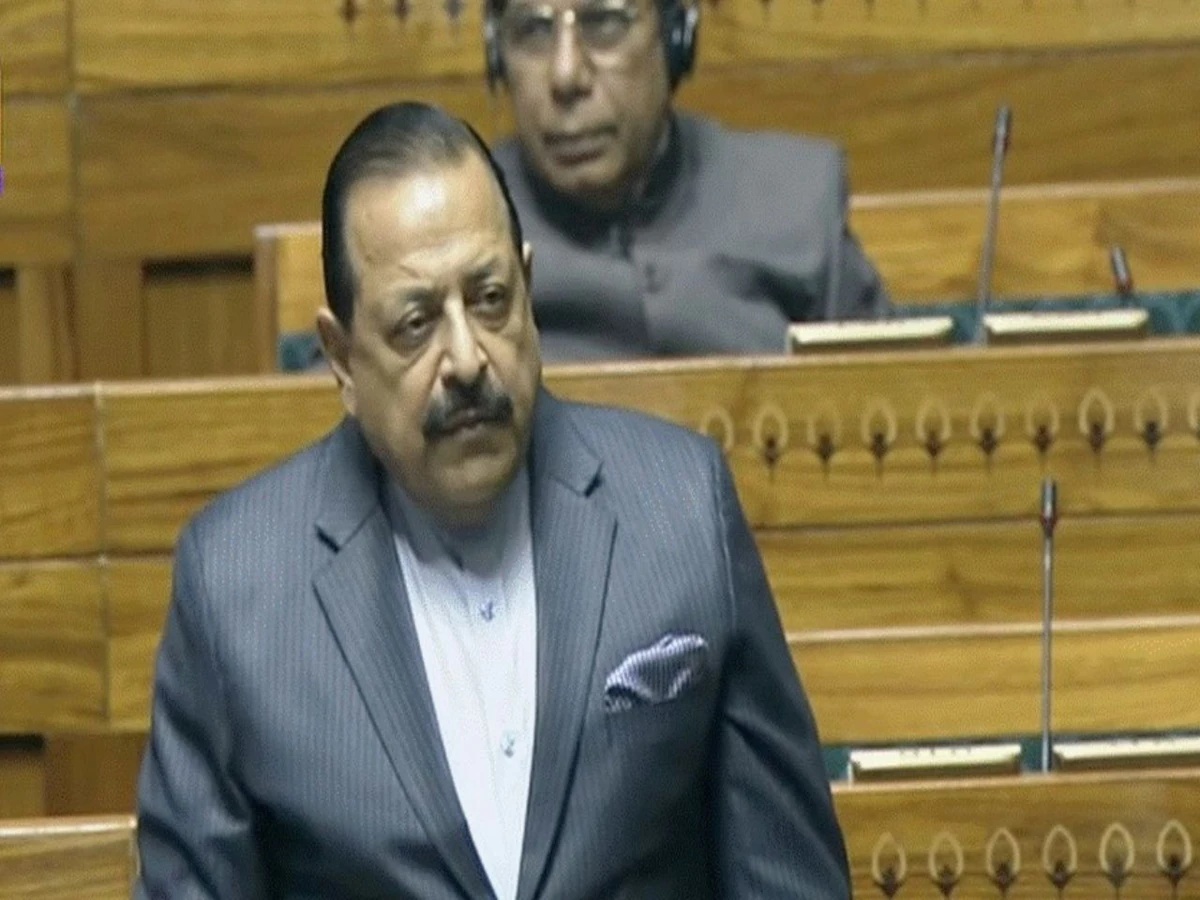
Leave Benefits for Central Government Employees
Central government employees in India have gained new flexibility in managing personal responsibilities, as confirmed by Union Minister of State for Personnel Jitendra Singh during a Rajya Sabha session on July 24. The announcement highlights a significant update to existing leave policies, allowing employees to take up to 30 days of earned leave for personal reasons, including caregiving for elderly parents. This development addresses growing concerns about work-life balance and the need for supportive policies for government workers. The minister emphasized that these provisions are part of broader reforms aimed at enhancing employee welfare while maintaining operational efficiency. The policy change is expected to benefit a wide range of public sector workers, particularly those in caregiving roles. By providing structured leave options, the government is signaling a commitment to recognizing the importance of family responsibilities in the professional sphere. This shift aligns with global trends toward more flexible workplace policies and underscores the evolving role of public sector employers in supporting their workforce.
Context of the Policy Announcement
The announcement came in response to a query about whether there are specific provisions for government employees to take leave for caregiving duties, particularly for elderly parents. Singh clarified that the Central Civil Services (Leave) Rules, 1972, already include provisions for 30 days of earned leave, 20 days of half-pay leave, eight days of casual leave, and two days of restricted holiday annually. These benefits are available for any personal reasons, including family care. The minister’s clarification highlights the existing framework but also suggests potential for further enhancements. While the rules are comprehensive, critics argue that additional measures may be needed to address the unique challenges faced by caregivers. The inclusion of caregiving as a valid reason for leave reflects a growing recognition of the importance of family support systems in modern society. This policy update is a step toward creating a more inclusive and supportive work environment for government employees.
Eligibility and Leave Types
Under the revised policy, Central government employees are entitled to a range of leave options designed to accommodate personal and family needs. The 30 days of earned leave can be used for any personal reason, including caregiving for elderly parents, while the 20 days of half-pay leave provide financial flexibility during extended absences. Casual leave, at eight days per year, offers short-term relief for unexpected personal matters, and restricted holidays allow for brief, unpaid time off. These provisions collectively ensure that employees can manage their responsibilities without compromising their professional obligations. The flexibility of these leave types is particularly valuable for those balancing work with caregiving duties. By offering multiple options, the policy acknowledges the diverse nature of personal circumstances. However, the effectiveness of these benefits depends on their implementation and accessibility to all eligible employees.
Impact on Employee Welfare
The introduction of these leave benefits is expected to have a positive impact on employee morale and job satisfaction. By allowing time for caregiving, the policy reduces stress and promotes a healthier work-life balance. This is particularly important for employees who may face additional burdens due to family responsibilities. The ability to take time off without financial strain can improve overall well-being and productivity. Furthermore, the policy aligns with broader initiatives to enhance workplace flexibility and support employee retention. However, challenges may arise in ensuring equitable access to these benefits and addressing potential gaps in the current framework. The government’s emphasis on caregiving as a legitimate reason for leave reflects a shift toward more compassionate and inclusive workplace policies. This development is likely to set a precedent for future reforms in public sector employment practices.
Future Implications and Reforms
The policy update marks a significant milestone in the evolution of government employee benefits, but it also raises questions about the need for further reforms. While the current provisions address immediate caregiving needs, ongoing discussions may focus on expanding these benefits to include additional support for families. The inclusion of elderly care in leave policies highlights the growing recognition of intergenerational responsibilities in the workplace. As societal expectations continue to evolve, the government may need to adapt its policies to meet changing workforce dynamics. This includes addressing potential disparities in access to leave benefits and ensuring that all employees can benefit from these provisions. The minister’s clarification underscores the importance of maintaining a balance between employee welfare and organizational efficiency. Future reforms may also explore integrating caregiving support with other family-friendly policies to create a more holistic approach to employee well-being.




